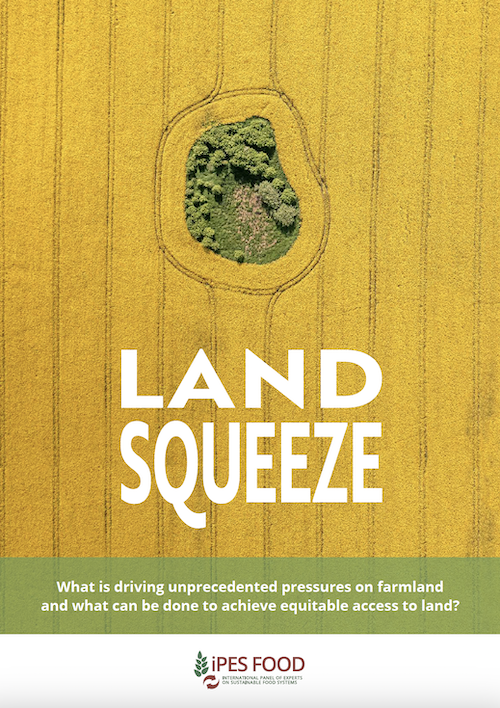Resource information
Land is critical to the lives, livelihoods, and food security of millions of people across the world. But a series of unprecedented pressures on global farmland are now accelerating and converging. This land squeeze is driving a surge in land inequality, rural poverty, and food insecurity – and risking a tipping point for smallholder agriculture.
Access to and control over land has been shaped by long-standing processes of discrimination, oppression, and dispossession. Today, farmers, pastoralists, Indigenous Peoples, and marginalized groups are facing renewed threats as the pressures on land evolve and multiply, while new generations face huge barriers to accessing land and entering agriculture.
The financial crash and food price crisis of 2007-2008 unleashed a huge wave of land grabs. Investors, agri-food companies, and sovereign wealth funds succeeded in appropriating large swathes of farmland in the Global South.
The ‘land rush’ tailed off post-2013, but the pressures never went away. Ten years on, the world is now facing a multi-dimensional land squeeze. This time around, the threats are arguably even greater, as land grabs proliferate into new and obscure forms, and farmers and communities are squeezed from all sides.

